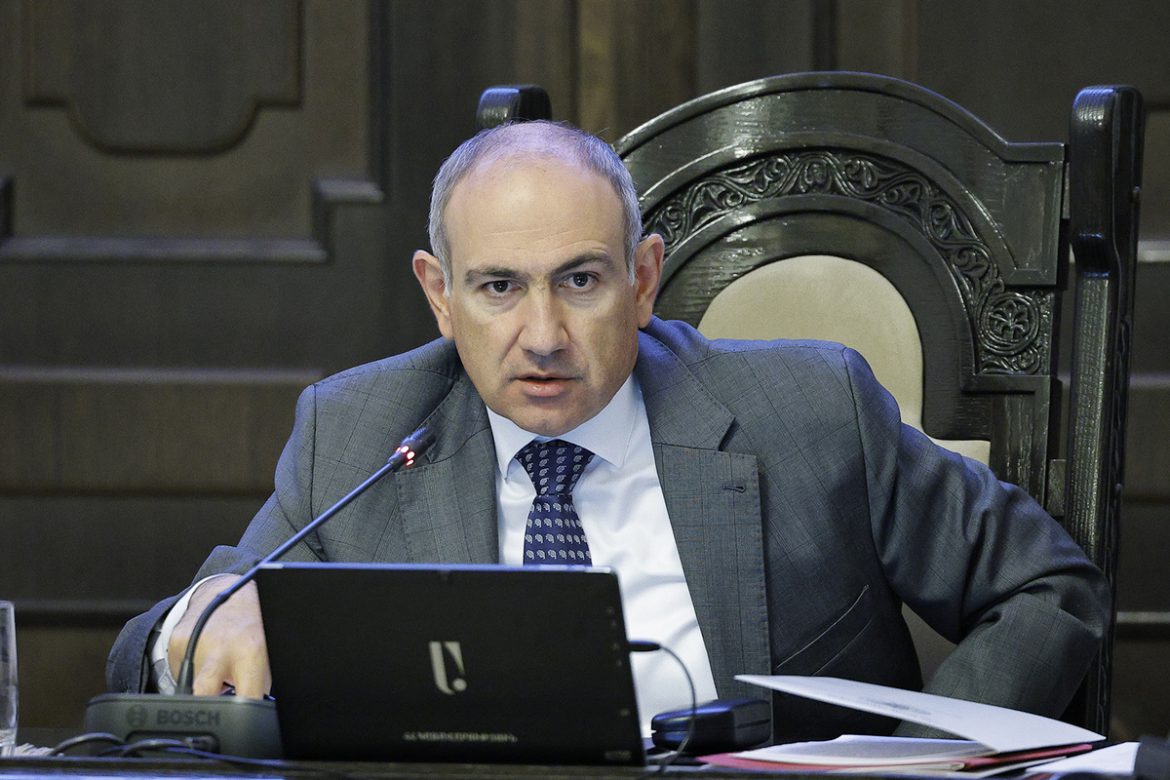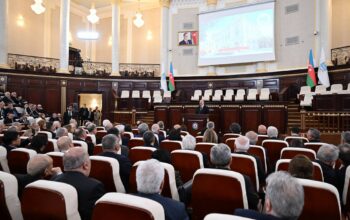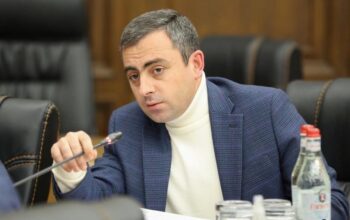YEREVAN—Prime Minister Nikol Pashinyan once again rejected mounting accusations of corruption tied to over $100 million received by his government from a pan-Armenian charity during the 2020 Artsakh War, dismissing them as baseless attacks by “corrupt” political opponents—chief among them former President Robert Kocharyan. But the questions surrounding Armenia’s wartime spending and rising debt remain stubbornly unanswered.
Speaking at a cabinet meeting on Thursday, Pashinyan lashed out at the opposition, particularly Kocharyan, who earlier this month accused the government of massive financial mismanagement. Kocharyan, the leader of the main opposition bloc, claimed that of the $7 billion in public debt accumulated under Pashinyan’s rule, at least $2 billion has been wasted or misappropriated.
Kocharyan also raised what many Armenians have privately questioned for years: what happened to the emergency aid funds raised by the All-Armenian Fund Hayastan during the 2020 war?
The fund had rallied Armenians worldwide in the wake of Azerbaijan’s invasion of Artsakh, collecting over $170 million in a matter of weeks. But more than $100 million of that was quietly transferred to the Armenian government—an unprecedented move that sparked concern even at the time, with then-President Armen Sarkissian and opposition leaders warning it could damage donor trust.
Despite Pashinyan’s insistence that the fund’s board found “no basis” for the allegations, critics argue the official explanations have been vague, and a long-promised parliamentary inquiry has yielded no tangible results. For Kocharyan’s team, the situation is clear.
“It can be concluded for sure that the $100 million was plundered and/or deposited in the foreign bank account of some official,” said Bagrat Mikoyan, head of Kocharyan’s office, in an interview with Yerevan.Today. “The Civil Contract elite, which is getting fatter and richer on a daily basis, is vivid evidence of that.”
Pashinyan, who rose to power in 2018 promising to root out Armenia’s entrenched oligarchic system, has claimed to have eliminated “systemic corruption.” Yet recent media reports have implicated several members of his administration in shady deals and nepotism—allegations that the prime minister has responded to with characteristic defensiveness, even threatening to jail opposition lawmakers who accuse him of shielding corrupt officials.
While Pashinyan repeatedly invokes Kocharyan’s own past legal troubles to deflect criticism—reminding the public of his bribery trial stemming from his 1998–2008 presidency—he glosses over the fact that the case ended without a verdict, after Kocharyan accepted a procedural settlement under the statute of limitations. That the judiciary under Pashinyan’s rule failed to convict one of its most targeted opponents has raised eyebrows, particularly among those who see the administration’s anti-corruption drive as more theatrical than transformational.
Even the ongoing asset forfeiture campaign against Kocharyan and his family—touted by the government as part of its justice agenda—has increasingly come to resemble a political vendetta, especially in the absence of transparency around similar allegations within Civil Contract’s own ranks.
As Kocharyan positions himself for a political comeback in the next parliamentary election, he appears to be tapping into a growing disillusionment with Pashinyan’s leadership. Many Armenians, still reeling from the aftermath of the 2020 war and the government’s unpopular handling of national security, see a widening gap between Pashinyan’s populist rhetoric and the lived reality of economic strain, rising debt, and unfulfilled promises.
The mystery of the missing war funds is not merely a matter of bookkeeping—it touches a raw nerve in the diaspora and homeland alike. At a time when national unity was most needed, hundreds of thousands of Armenians gave generously to support the war effort. That trust, once broken, will not be easily restored.
Until Pashinyan can provide a clear, credible accounting of where that money went—and why those responsible for overseeing its use remain unexamined—the accusations will continue to haunt his administration. And for an opposition once written off as yesterday’s men, this scandal may prove to be a powerful rallying point in the battles ahead.




